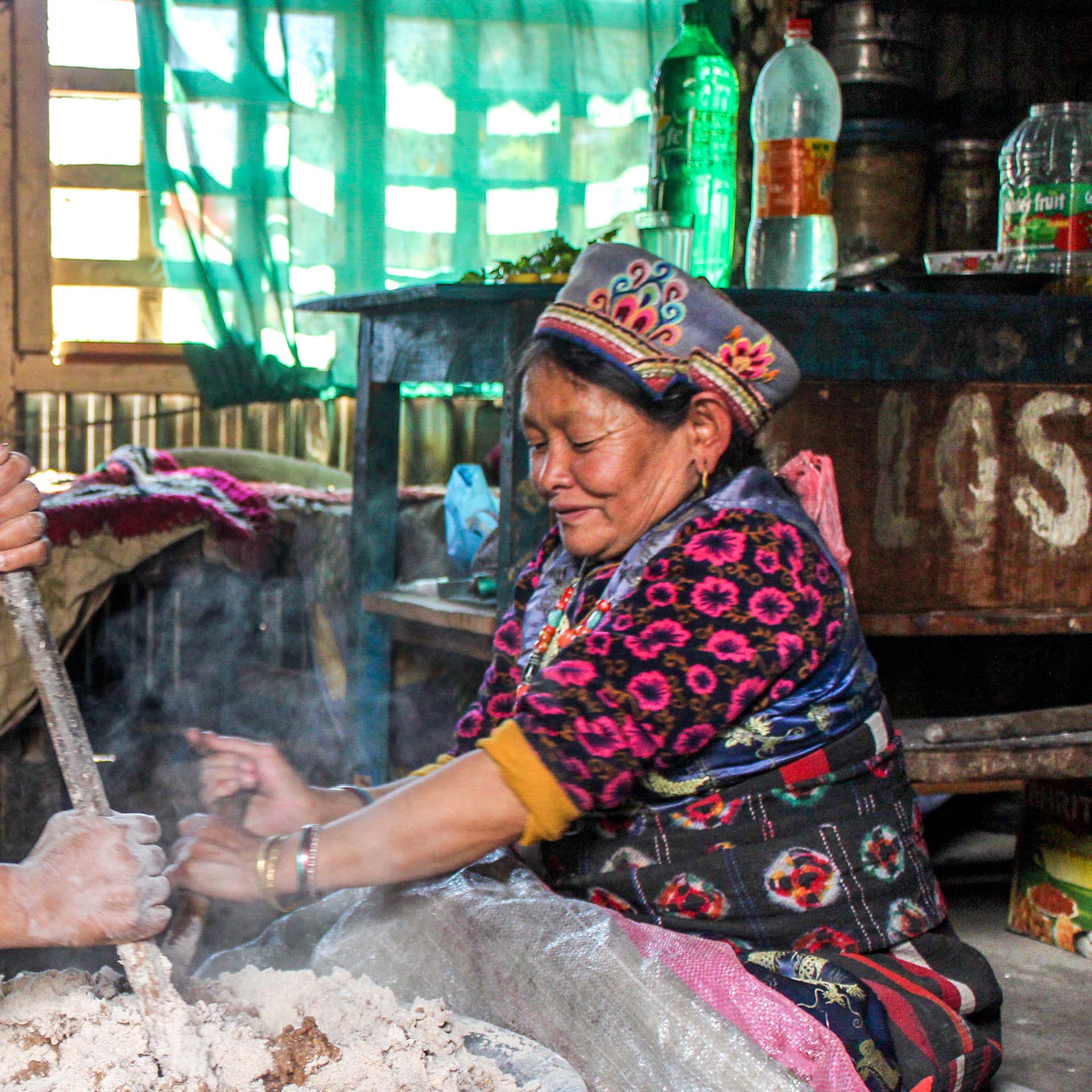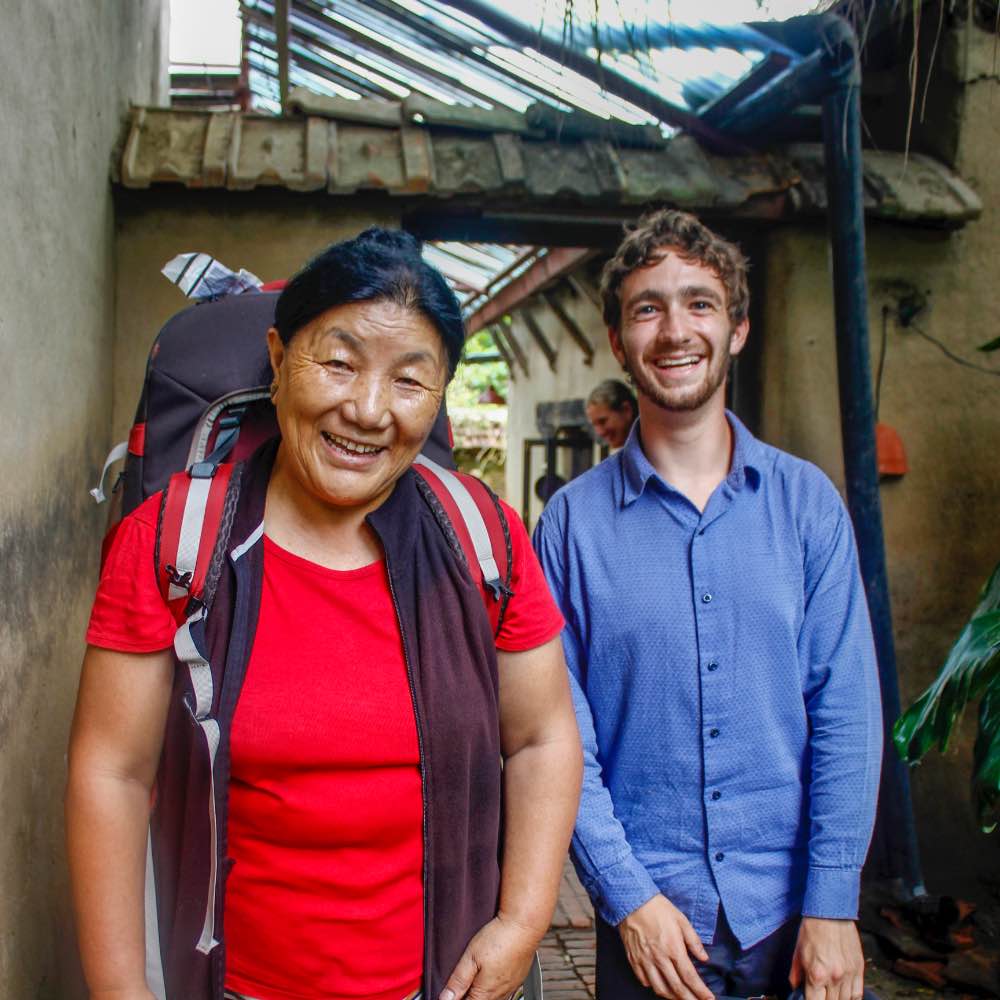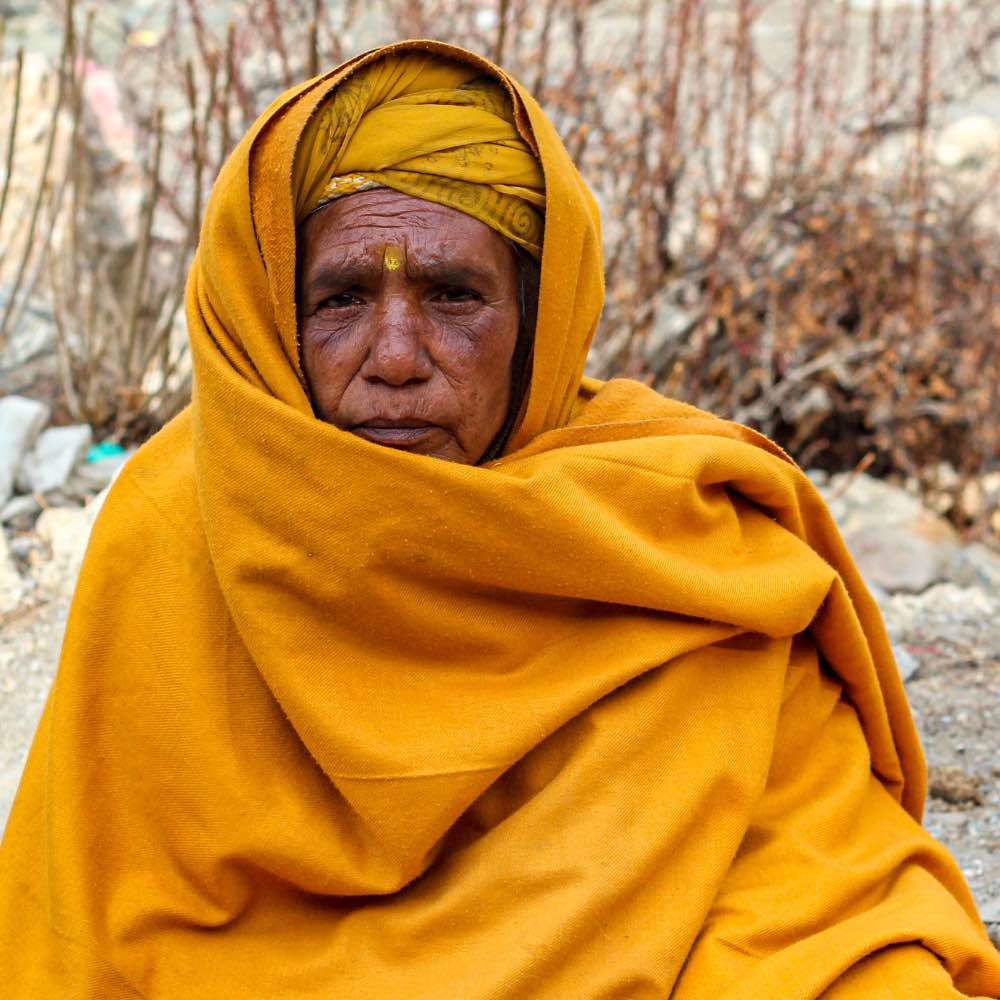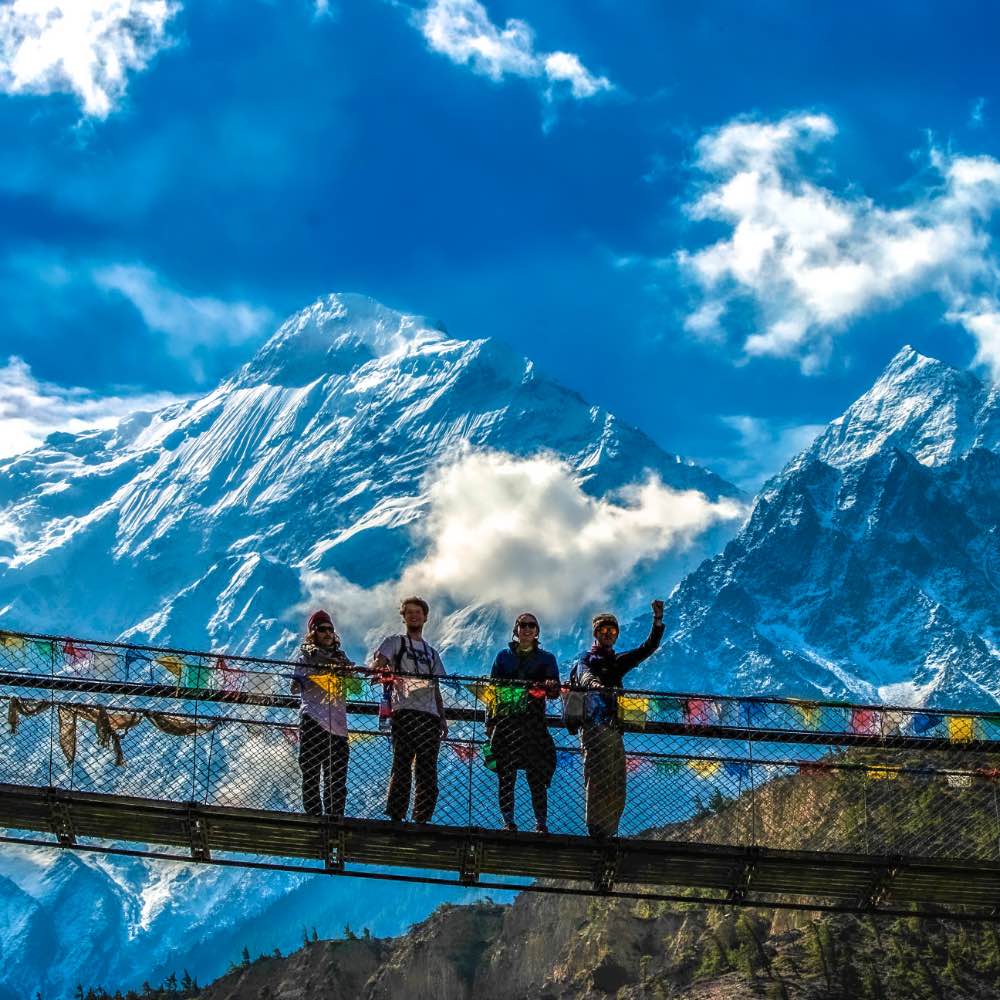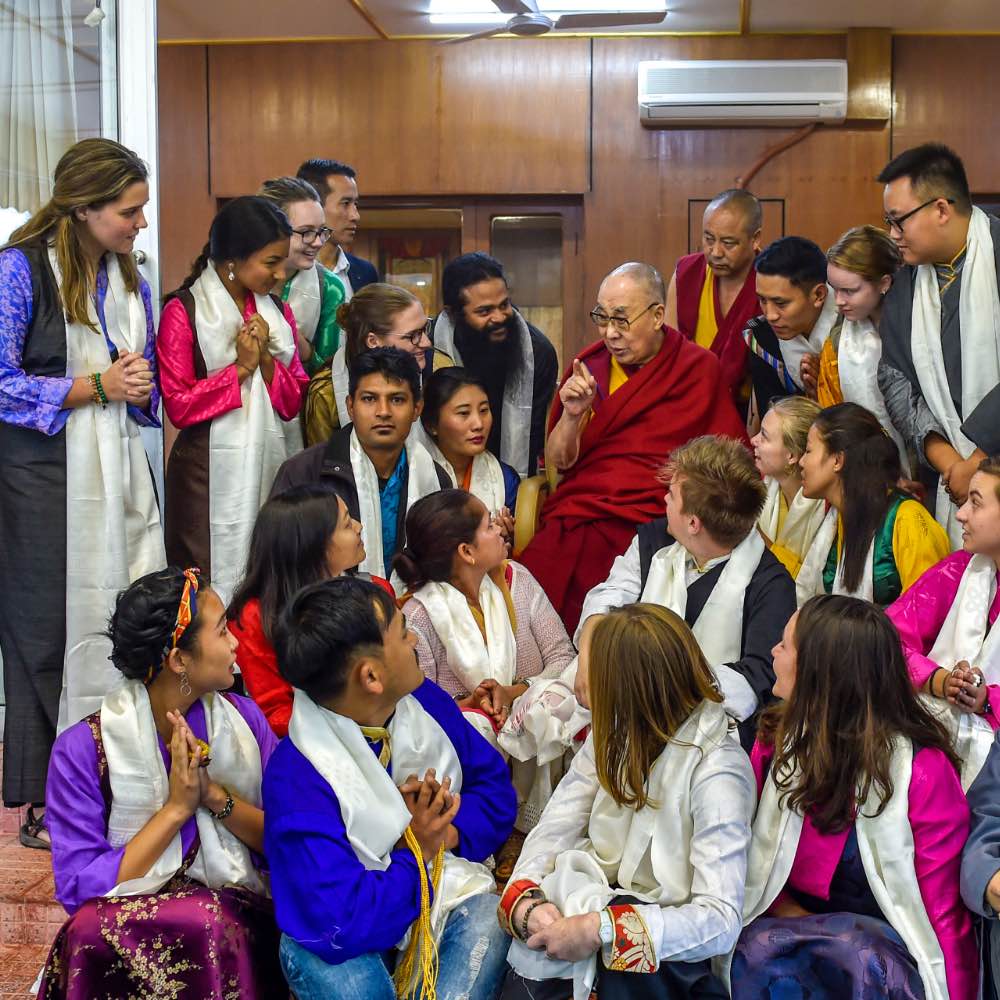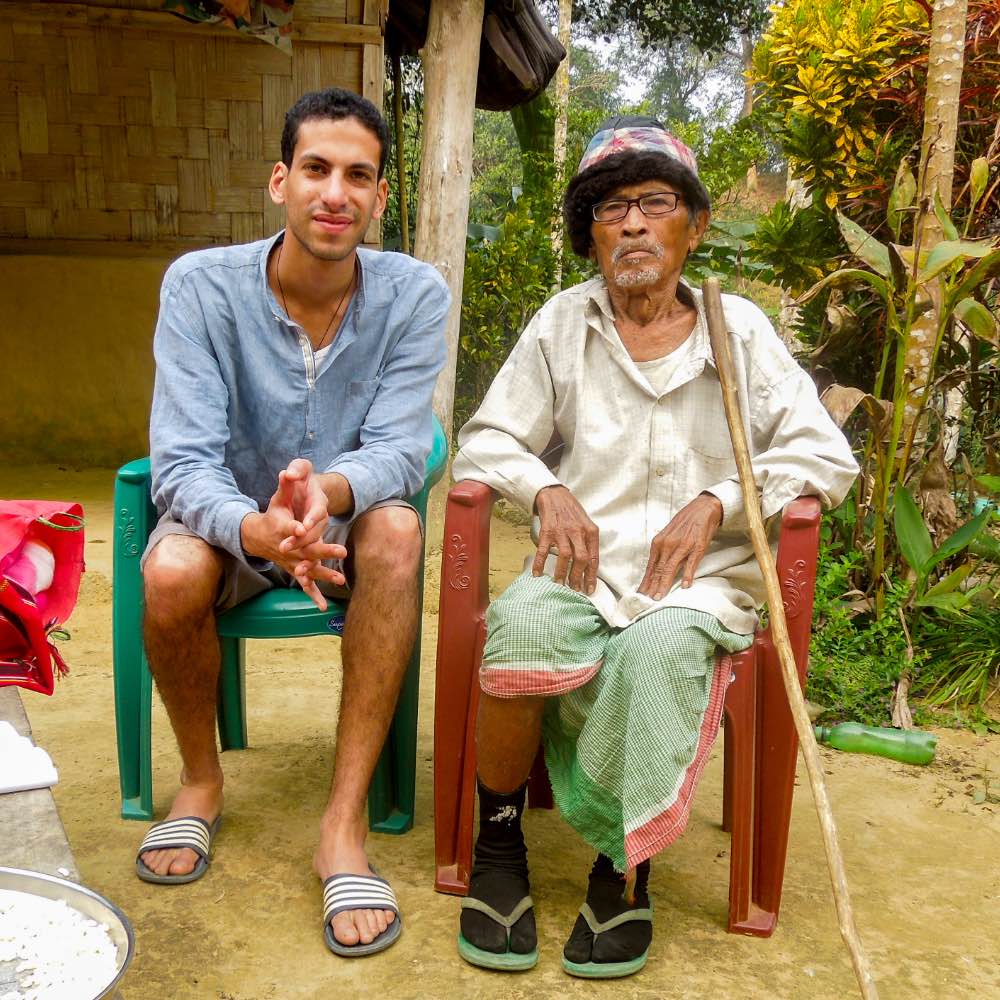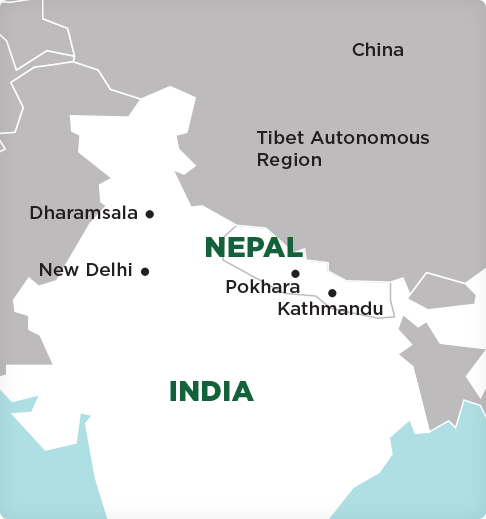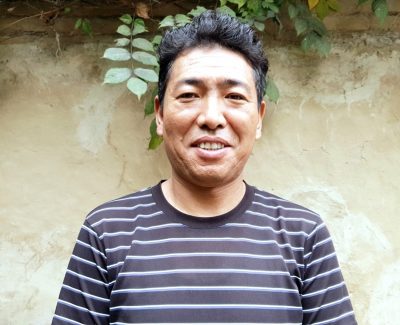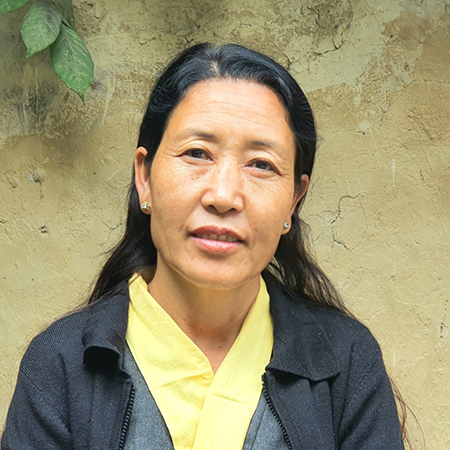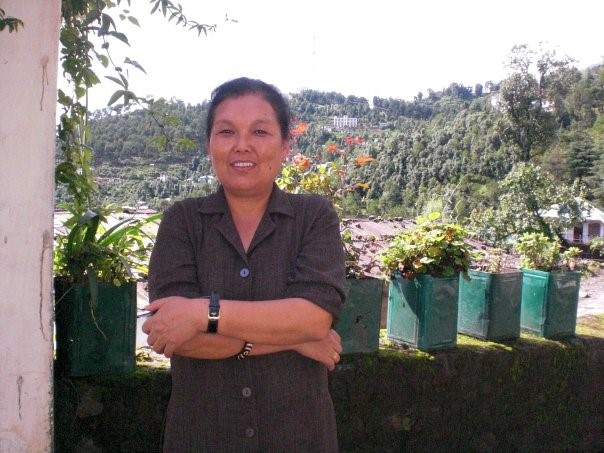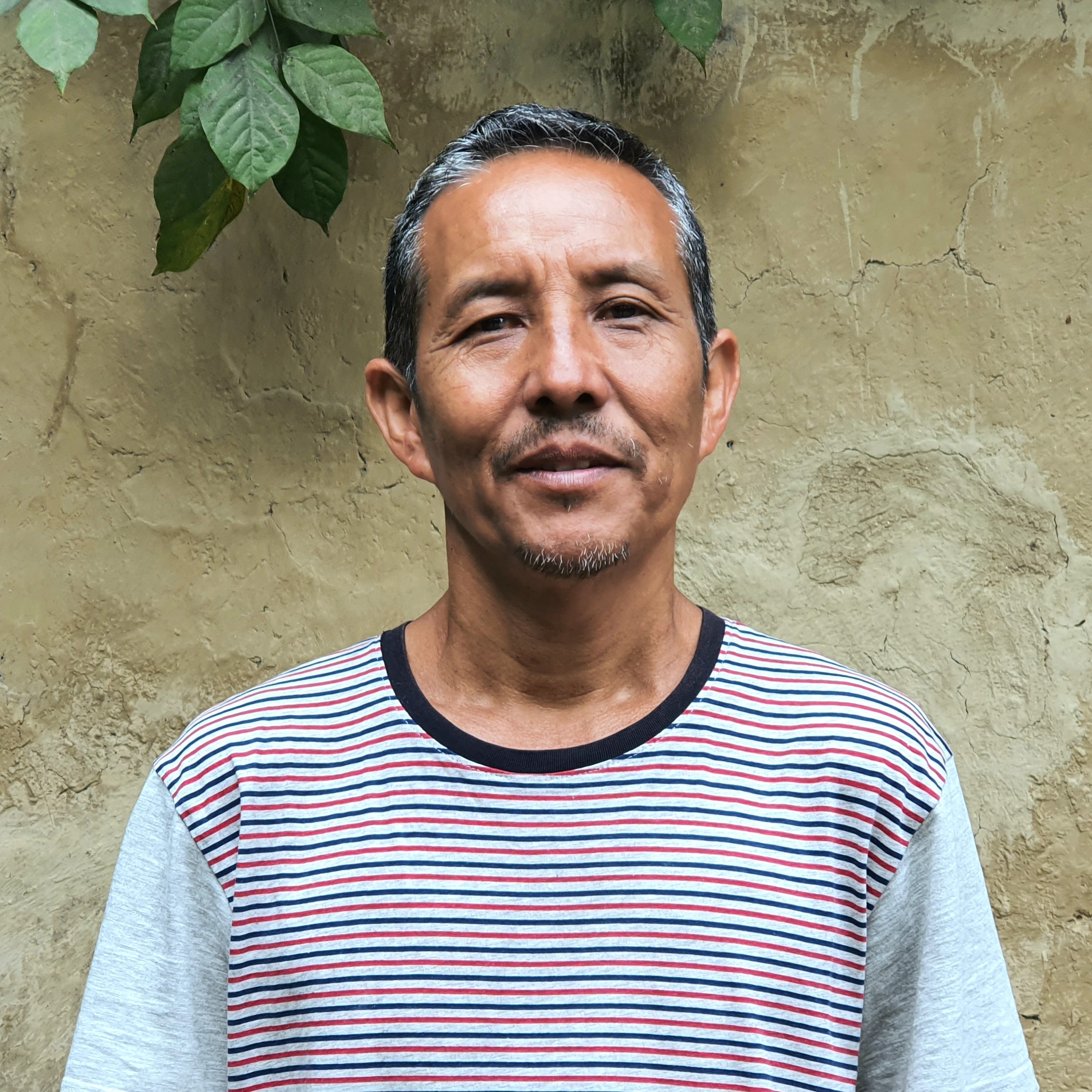In addition to taking the above courses, students will also need to enroll in one of the following two courses:
Independent Study Project
Independent Study Project – syllabus
(ISPR3000 / 4 credits)
Conducted in Tibetan and Himalayan communities in Nepal, in Dharamsala, India (where there is a branch SIT program center and resident program assistant), or in another approved location appropriate to the project. Sample topic areas: the politics of language and education in Tibetan communities; reflections from former political prisoners; youth identity in the Tibetan diaspora; traditional Tibetan medicine; the reemergence of the Bön tradition; Tibetan Muslims; the economics of the Tibetan carpet industry in Nepal; the economy of Sherpas and mountaineering tourism; a case study of a traditional Buddhist college; nuns and Tibetan female mystics; the changing status of women in Buddhist monastic life; migration and Tibetan exile settlements.
Sample topics include:
- What makes mad honey mad: an investigation into the obsession of the Himalayan wild cliff honey
- Riding on giants: elephant tourism in Chitwan National Park
- Retracing revolutionary footsteps: the legacy of the People’s War in the Maoist heartlands
- Monuments as a lens to understand climate change: a survey of altered Indian architecture
- Small but strong: growth and development of the Sikh community in Kathmandu
- The Rinpoche sent me a friend request: the roles and perceptions of social media in Buddhist religious life
- Born a foreigner: Tibetan statelessness in India
Browse this program’s Independent Study Projects / undergraduate research.
OR
Internship and Seminar
Internship and Seminar – syllabus
(ITRN3000 / 4 credits)
This seminar consists of a four-week internship with a local community organization, research organization, business, or international NGO. The aim of the internship is to enable the student to gain valuable experience and to enhance their skills in an international environment. Students will complete an internship and participate in a weekly seminar (typically conducted online), write progress reports, and submit a final paper and deliver a final presentation in which they process their learning experience A focus of the seminar, including the final paper and presentation, will be on linking internship learning with the program’s theme.
Sample internships:
- Supporting students from a remote Himalayan community through Action Dolpo
- Assisting Great Himalaya Trail’s alternative approach to trekking
- Providing Tibetan and Himalayan youth with vocational training and job placements with Himalayan Roots to Fruits
- Helping at Nepali Times, the leading English-language weekly newspaper in Kathmandu


